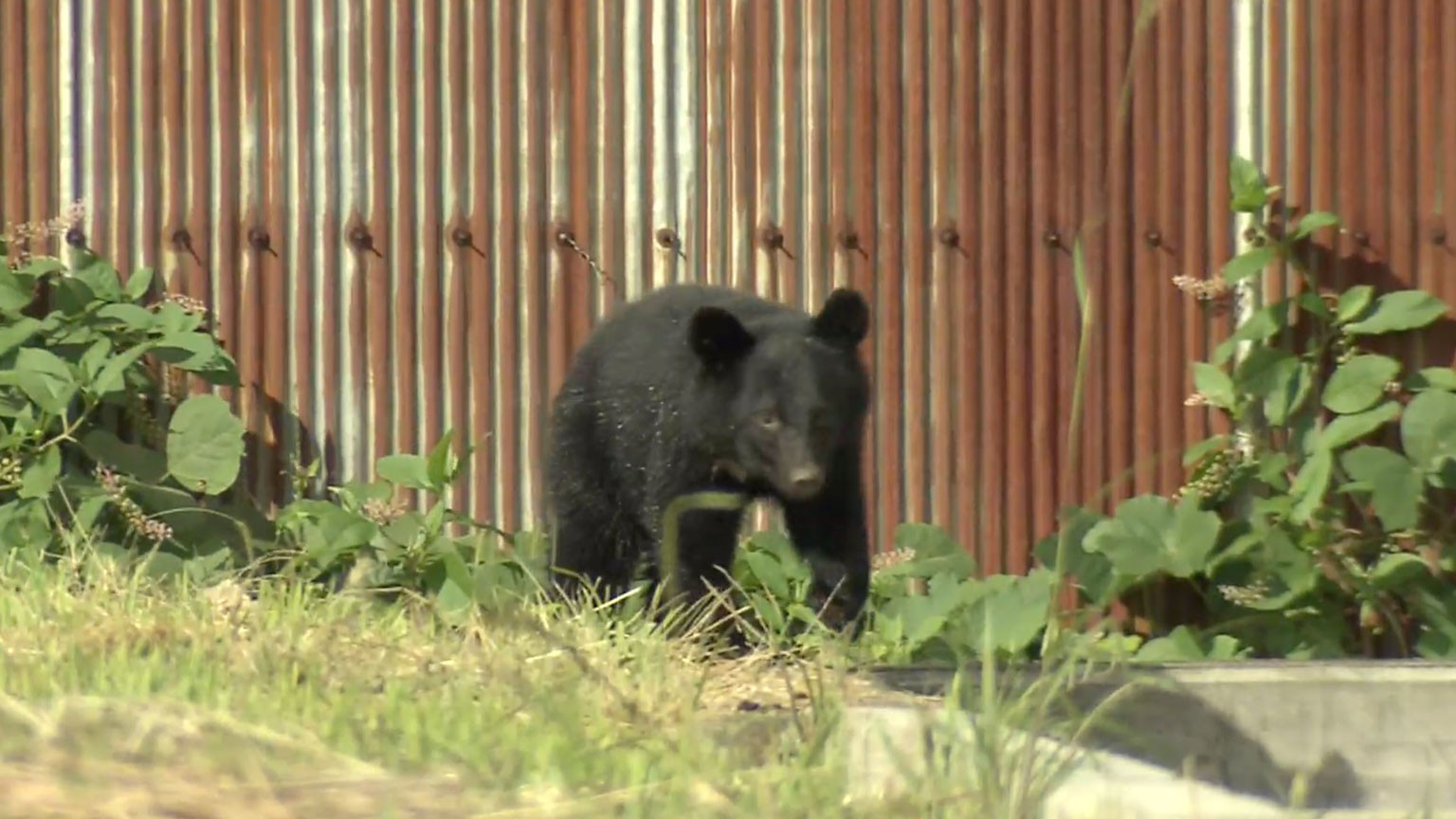This is the worst number ever since the Japanese government began taking statistics.
The Tohoku region accounts for around 70 percent of the total.
Why have bear attacks increased?
Akaza Hisaaki is an expert on the ecology of bears and points out that bears feed on beech trees in the mountains. But he says the trees are in short supply this year, and bears may come closer to where humans live to look for food.
Another expert says there is an additional reason.
It is the phenomenon dubbed the "urban bear." These bears are born and raised in the mountains but are more likely than before to appear in urban areas.
A video taken by Professor Miguchi Hideo of Niigata University's Faculty of Agriculture in 2015 shows a bear reacting to the sound of a car, and remaining on alert.
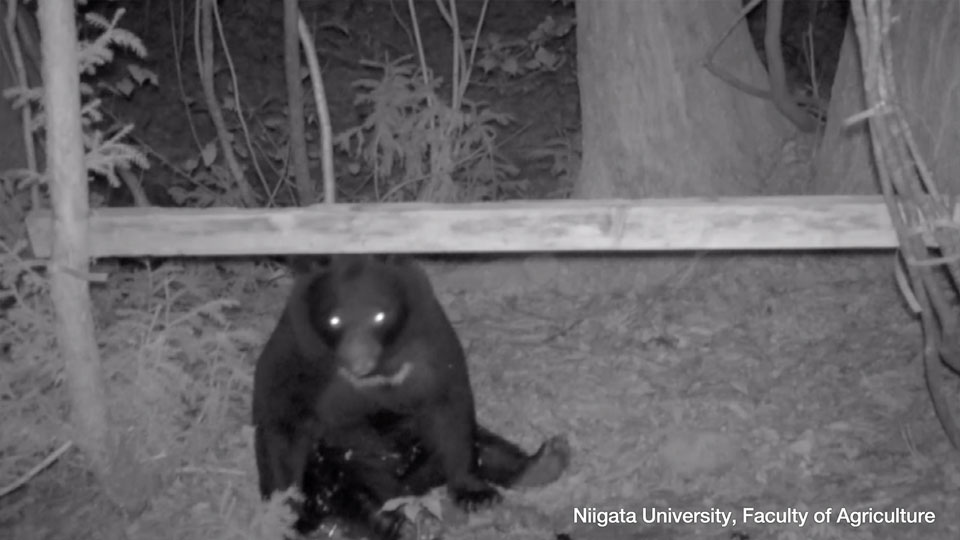
But a video taken at the same place this year shows that a bear in a similar situation did not show any signs of caution.

He says the bear has already become accustomed to human life and the sounds that come from human activity.
He also says that the number of "urban bears" is increasing.
Measures against bears
A national park in Nagaoka City, Niigata Prefecture, has installed AI-linked cameras at 30 locations to detect animals and automatically take pictures.
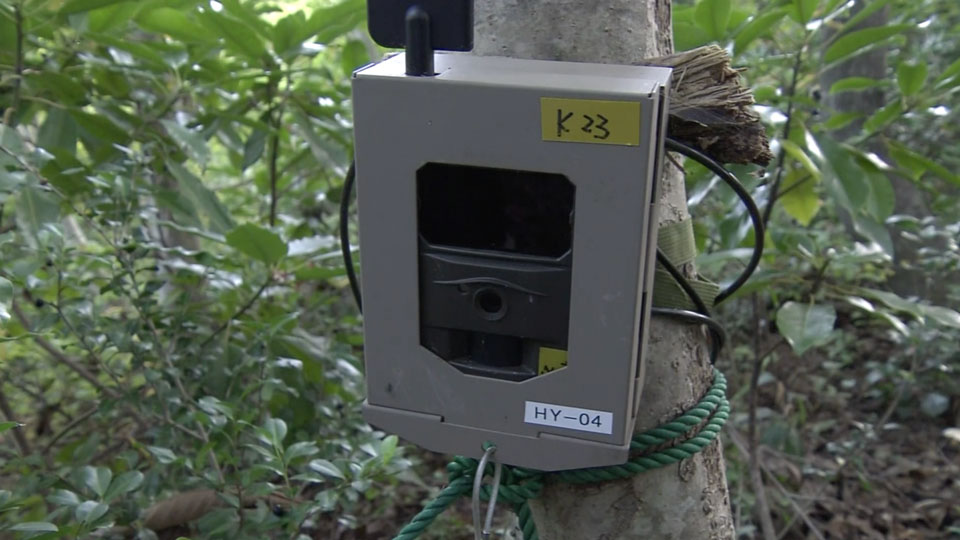
When the AI program identifies a bear in the image, it sends an email to staff.
An official says the cameras help enforce safety measures, such as chasing away bears and restricting people's access to the park when bears are sighted.
And in Asahikawa City in Hokkaido, northern Japan, officials are analyzing the DNA of fur and droppings left at the sites of bear sightings at four corn fields.
The analysis found that the corn had been devoured by a single male bear who had traveled a large distance from an area where many bears are believed to live.
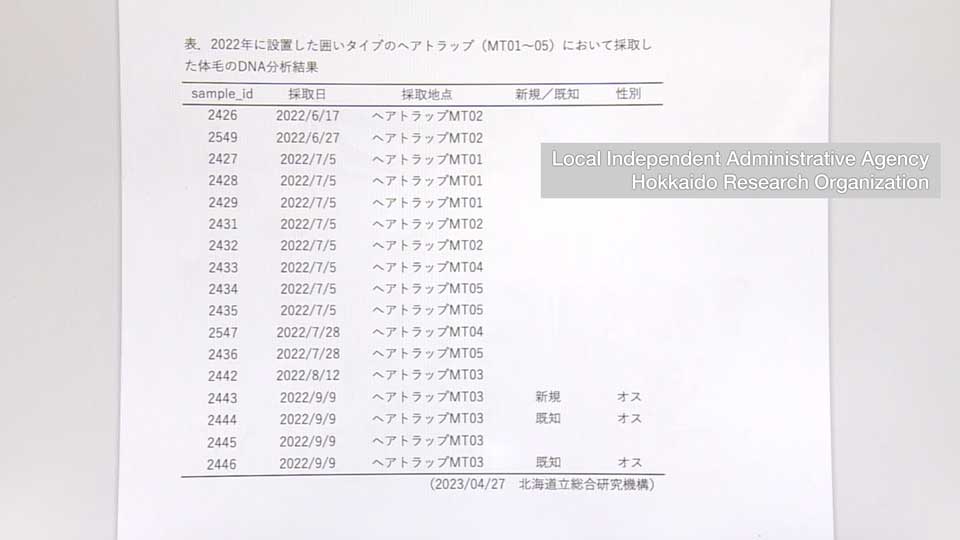
The city wants to accumulate data, including on the gender and behavioral history of the bears, and take effective measures by predicting their activity.
A city official says he wants to find out the behavior patterns of the bears that cause problems.
He also said that he wants to identify the routes through which bears approach urban areas and stop them entering locations where humans live and work.
Japanese government will send experts on bears across the country
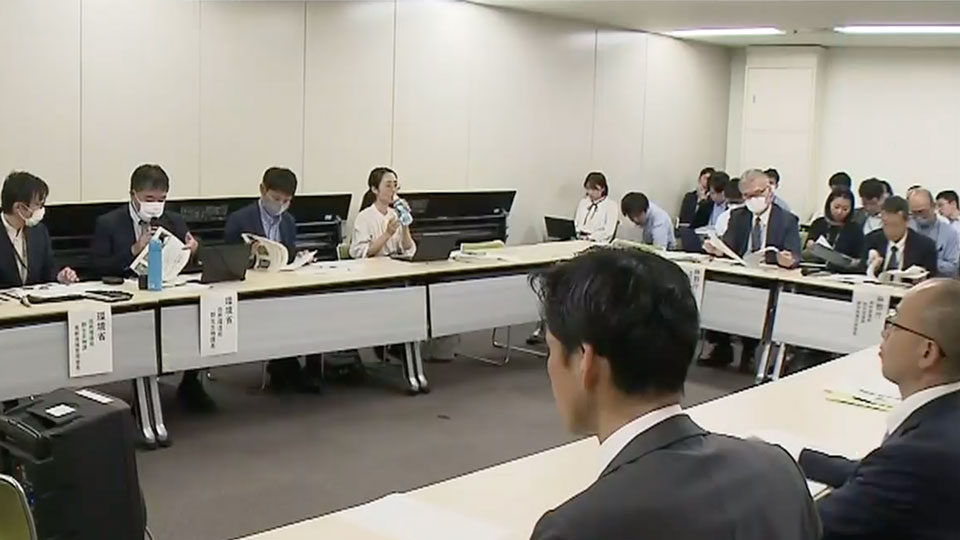
The Ministry of the Environment, and the Ministry of Agriculture, Forestry and Fisheries and other relevant ministries held an emergency meeting on Tuesday to discuss the worst damage on record caused by bears.
The Environment Ministry says maximum caution is needed until December, when bears hibernate.
It also says that it will send university professors and other experts registered with a government data bank to local governments to give advice and guidance on how to deal with bears.
After listening to the advice of experts and the needs of local governments, the Environment Ministry plans to subsidize necessary measures.
